#black revolutionaries
Explore tagged Tumblr posts
Text
'I think white gay people feel cheated because they were born, in principle, in a society in which they were supposed to be safe. The anomaly because of their sexuality puts them in danger, unexpectedly. Their reaction seems to me in direct proportion to their sense of feeling cheated of the advantages which accrue to white people in a white society. There's an element, it has always seemed to me, a bewilderment and complaint. Now that may sound very harsh, but the gay world as such is no more prepared to accept black people than anywhere else in society.'
- James Baldwin, The Village Voice (1984)
#quotes#james baldwin#black american#black americans#black liberation#black revolutionaries#gay liberation#1980s#black gay#gay#black history month#black history#black american history#african american#african american history
1K notes
·
View notes
Text
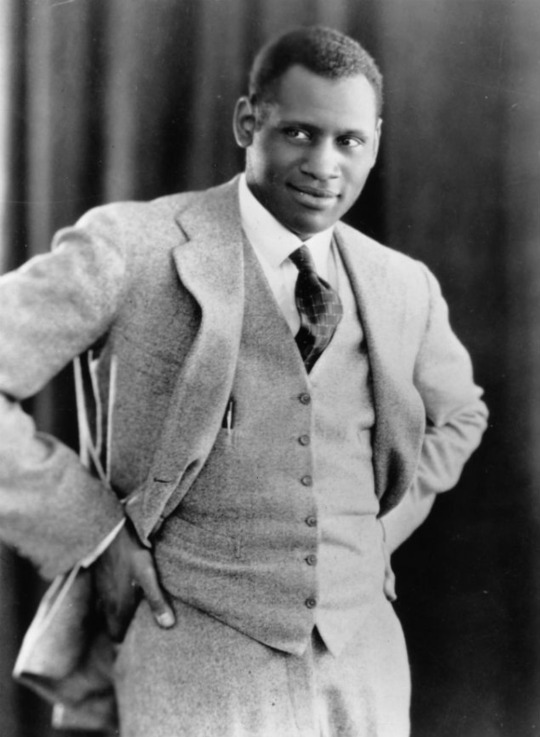
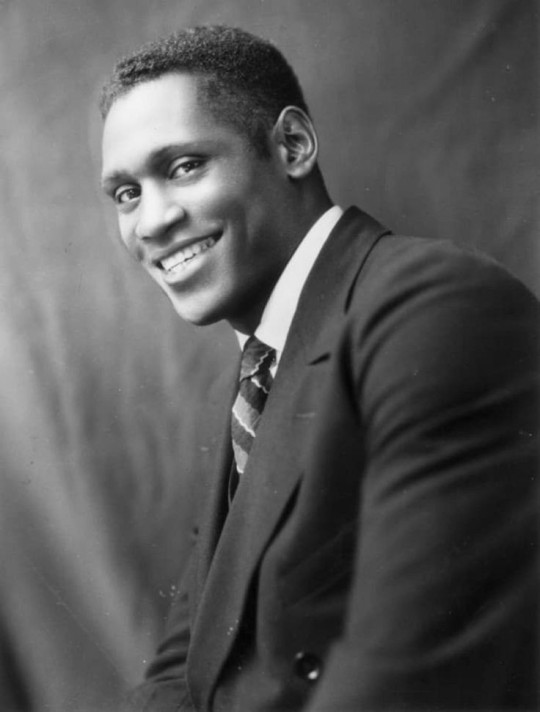
Paul Robeson (1898–1976) was an American singer, actor, athlete, and activist who became a prominent figure in the 20th century for his artistry and commitment to social justice. Born in Princeton, New Jersey, Robeson excelled academically and athletically, earning a scholarship to Rutgers University, where he was a standout football player and valedictorian of his class. He later earned a law degree from Columbia University but left the legal profession due to racial discrimination.
Robeson gained international fame for his deep bass-baritone voice and powerful stage presence. He is best remembered for his performances in productions such as Show Boat (notably singing "Ol' Man River") and Othello, which he portrayed on stage in both the U.S. and the U.K. He also had a successful recording and film career.
Robeson was a vocal advocate for civil rights, labour rights, and anti-colonial movements. He criticized racism in the U.S., supported the labour movement, and opposed fascism. His outspoken support for socialism and his association with the Soviet Union during the Cold War led to his blacklisting in the U.S., a significant decline in his career, and heavy government surveillance.
In his later years, Robeson's health declined due to a combination of medical issues and the stress of political persecution. He retired from public life in the mid-1960s and lived out his final years in Philadelphia.
Paul Robeson died on January 23, 1976, at the age of 77, from complications of a stroke. He left behind a legacy as a trailblazing artist and a fearless advocate for equality and human rights.
#black people#black history#black#blacktumblr#black tumblr#pan africanism#black conscious#africa#black power#black empowering#paul robeson#biography#black revolutionaries
339 notes
·
View notes
Text
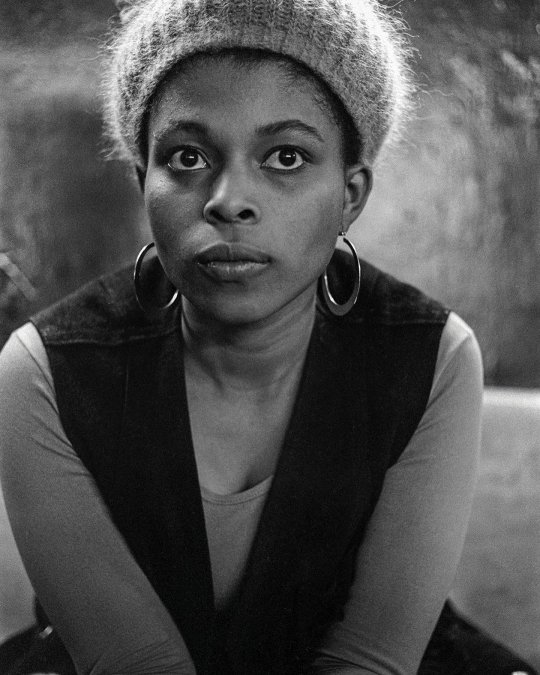
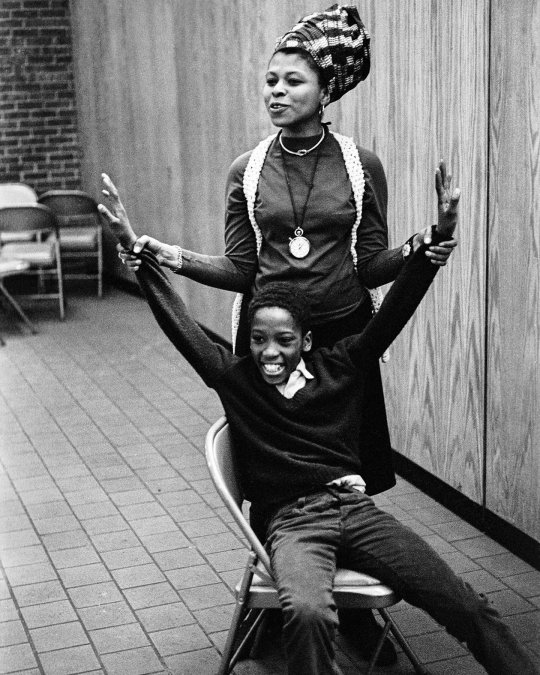
Photographs from the Black Panther Party series by Stephen Shames (1970s)
#assata shakur#black panther party#black panther#black panthers#black photographers#black photography#black power#black history#black excellence#Stephen Shames#assata#hands off assata#revolutionary#black revolutionaries
788 notes
·
View notes
Text
I love living in historical times 🤪

#Neptune#aries season#neptune in aries#revolution#tyrant#black revolutionaries#action#courage#aggressive#russia#Europe#America#hustle n flow#hoodoo#astro memes#astrology memes#astrology#daily astrology#witchblr#witches of color#haitianvodou#occult#neptune in pisces#2025
19 notes
·
View notes
Text
#nodeinoblackbusiness#buy black#blacktumblr#black history#black liberation#african history#black revolutionaries
26 notes
·
View notes
Text
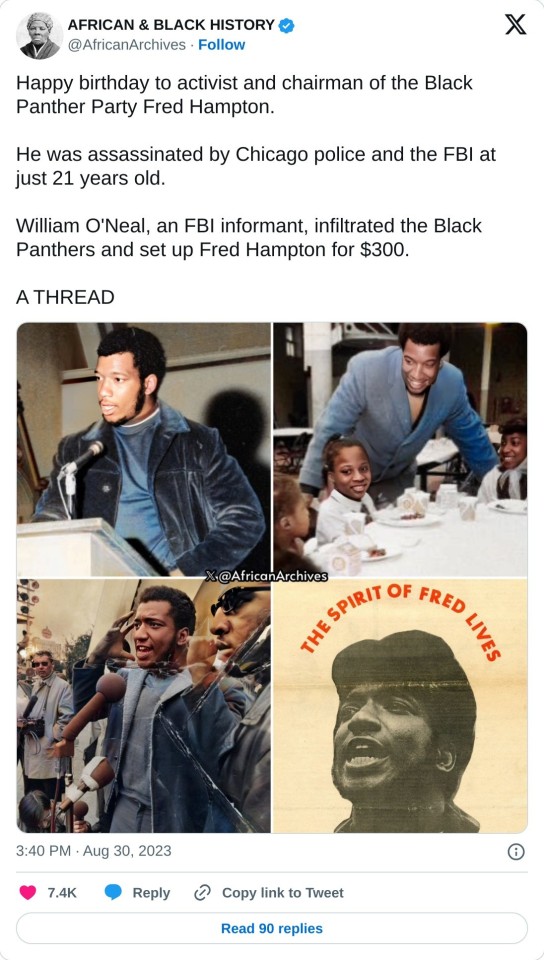
341 notes
·
View notes
Text
Denmark Vesey - Black Revolutionary
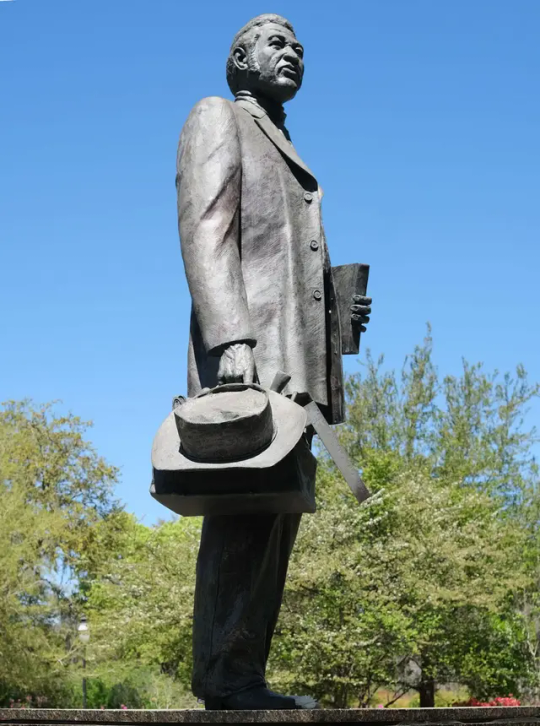
34 notes
·
View notes
Text

#books#education#quotes#black revolutionaries#africanrevolution#black liberation#black power#black women#black men#black history#black panthers#black pride#black woman magic#black empowerment#thesagittarianmind
24 notes
·
View notes
Text

18 notes
·
View notes
Text
“I feel my soul as vast as the world, truly a soul as deep as the deepest of rivers; my chest has the power to expand to infinity."
Frantz Fanon, Black Skin, White Masks
41 notes
·
View notes
Text


'Egbuna also presented a critique of liberalism that followed Carmichael closely. White liberals, Egbuna claimed, believed in integration. However, the price for integration was assimilation, that is to say that black people would only be accepted in white society if they renounced their own cultures and accepted the equation ‘White = Beautiful’. But in practice, Egbuna argued, the promise of integration was never fulfilled, due to the ‘unconscious’ racism of white liberals. Thus, black people in Britain were marginalized economically and socially. Much of this critique of liberalism can be found in Carmichael; for example, he was highly critical of the practice of stripping ‘non-western people’ of their culture; and of the fact that liberal arguments for integration were predicated on the notion that ‘there was nothing of value in the black community’, an attitude that he dubbed as ‘subconscious racism’. Indeed, Egbuna’s summation of his attack on the archetypal western liberal, the man who ‘wants chicken without slaughter, roses without gardening, rain-water without thunder and lightning’, is reminiscent of a passage by Frederick Douglass, which Carmichael quoted during his Roundhouse address. Carmichael compared those who argued for integration to ‘men who want crops without ploughing up the ground. They want rain without thunder or lightning.’
Obi B. Egbuna, C. L. R. James and the Birth of Black Power in Britain: Black Radicalism in Britain 1967–72 (2011), R.E.R Bunce and Paul Field
#black british#obi egbuna#1960s#1970s#black revolutionary#black liberation#black revolutionaries#black american
7 notes
·
View notes
Text
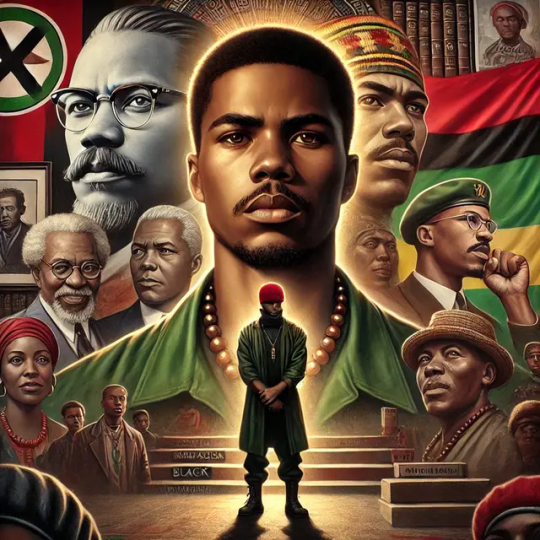
The Hypocrisy of Fake Love for Black Revolutionaries: A Garveyite Perspective on the Betrayal of Our Icons, Leaders, and Ancestors
From a Garveyite perspective, one of the most dangerous betrayals in the Black community is the false admiration for Black revolutionaries, icons, and ancestors. Many Black people praise these figures publicly but refuse to embody their teachings, sacrifice for the movement, or apply their wisdom in daily life.
Marcus Garvey himself experienced this hypocrisy: he was celebrated by millions but was ultimately betrayed by his own people, leading to his persecution, imprisonment, and the destruction of the Universal Negro Improvement Association (UNIA).
This false love for Black revolutionaries is a form of empty hero worship—where Black people:
Wear the names of Black leaders on their clothes but refuse to carry their ideologies in their hearts.
Quote Malcolm X, Assata Shakur, and Garvey but live according to white capitalist values.
Praise the ancestors but continue the same behaviours that kept Black people in chains.
This analysis will explore:
How Black revolutionaries are romanticized but ignored in practice.
The betrayal of Black leaders in their own lifetimes.
How the system benefits from keeping Black leaders as symbols rather than applying their teachings.
The failures of modern Black movements to truly follow Garveyite principles.
How we must break the cycle and truly honour our icons with action, not just words.
1. The Romanticization of Black Leaders While Ignoring Their Teachings
Many Black revolutionaries are treated like celebrities rather than serious leaders.
A. Turning Black Leaders into Symbols Instead of Following Their Actions
People wear Malcolm X shirts but still believe in integration and white validation.
They post Garvey quotes online but refuse to build Black-owned businesses or invest in Pan-African economic power.
They celebrate Dr. King but ignore his late-stage radicalism against capitalism and imperialism.
Example: Malcolm X rejected integration and white liberals, yet today, many of the people who claim to admire him fight for assimilation into white institutions instead of Black independence.
B. The Empty Worship of Black Ancestors Without Change in Behavior
Many Black people claim to honor the ancestors, but still:
Use their resources to enrich non-Black communities.
Reject African traditions and spirituality in favour of white religions.
Teach their children Eurocentric values instead of Pan-African principles.
Example: The same Black people who praise Queen Nzinga and Shaka Zulu will still vote for anti-Black politicians, neglect Black-owned businesses, and refuse to defend their own communities.
Key Takeaway: Garveyism teaches that honouring our icons means CONTINUING their work—not just admiring them from a distance.
2. The Betrayal of Black Revolutionaries in Their Own Lifetimes
Throughout history, many of the same Black leaders we celebrate today were rejected, attacked, or betrayed by their own people when they were alive.
A. How Marcus Garvey Was Betrayed
Garvey built the largest Black movement in history, but many of his own people helped destroy him.
W.E.B. Du Bois and the NAACP opposed him and worked with the U.S. government to undermine the UNIA.
Many Black elites and integrationists mocked his call for African self-rule and repatriation.
Example: When Garvey was arrested on fraudulent charges, some Black leaders celebrated his downfall, showing their loyalty to white power structures over Black independence.
B. Malcolm X and the Nation of Islam Betrayal
Malcolm X risked his life for Black people, but when he started exposing the weaknesses of the Nation of Islam, he was abandoned and ultimately assassinated.
Many of his former supporters refused to stand with him when he needed protection the most.
Example: After Malcolm X was killed, Black people mourned him—but where were those same people when he was alive and fighting alone?
Key Takeaway: Too many Black people only recognize greatness AFTER a leader has died—but real support means standing with them while they are alive and fighting.
3. The System Benefits from Keeping Black Leaders as Symbols, Not Teachers
The white power structure wants Black leaders to be icons, not active ideologies. They understand that:
A dead revolutionary is harmless; a living one is dangerous.
A Garvey shirt is acceptable; a Garveyite movement is not.
Dr. King’s “I Have a Dream” speech is promoted; his speeches about fighting capitalism and imperialism are ignored.
Example: The U.S. watered down Dr. King’s radicalism and now uses him as a symbol of “peace” rather than a fighter against white supremacy and economic exploitation.
Key Takeaway: The system promotes a version of Black history that is safe and non-threatening—true Garveyites must reject this watered-down history and embrace the full revolutionary teachings of our leaders.
4. The Failure of Modern Black Movements to Apply Garveyite Principles
Many modern Black movements:
Focus more on representation in white spaces rather than building independent Black power.
Seek validation from white liberals rather than unifying with Africa and the global Black world.
Celebrate Black icons without practicing self-reliance, cooperative economics, or Pan-Africanism.
Example: Some modern Black activists claim to admire Garvey but spend more time appealing to white-owned corporations for funding than building their own economic power structures.
Key Takeaway: Black liberation can not come through white money, white validation, or white institutions. Garveyism teaches that true power comes from self-reliance and unity among Black people worldwide.
5. How We Must Break the Cycle: Honouring Black Icons Through Action
To TRULY honor our ancestors and revolutionaries, we must:
Practice Pan-Africanism – Work with Black people globally, not just within colonial borders.
Build and support Black-owned businesses – Keep wealth circulating within Black communities.
Teach Black children about REAL Black history – Not the whitewashed version.
Protect Black revolutionaries while they are alive – Not just mourn them after they die.
Reject the trap of white validation – Stop seeking approval from the same system that destroyed our leaders.
Final Takeaway: Garvey warned us: Black people must stop being spectators in their own liberation. If you love our leaders, SHOW IT by continuing their work—not just praising their names.
Conclusion: Time to Put Respect in Action, Not Just Words
If Black people TRULY loved Garvey, Malcolm X, Assata Shakur, and our ancestors:
We wouldn’t be begging for acceptance from white society.
We wouldn’t be spending trillions on white businesses while Black communities remain poor.
We wouldn’t be waiting for white governments to save us instead of uniting with Africa.
True love for Black revolutionaries means:
Practising their teachings.
Building the systems they fought for.
Sacrificing for the future of Black liberation.
As Garvey said:
"We must canonize our own saints, create our own heroes, and elevate our own history."
Words are not enough. The time for REAL action is NOW.
#black history#black people#blacktumblr#black#black tumblr#pan africanism#black conscious#africa#black power#black empowering#black liberation#black revolutionaries#black revolution#self determination#reparations now#Garveyite#Garveyism#marcus garvey
164 notes
·
View notes
Text
Mayor Johnson Proclaims August 30 as Chairman Fred Hampton Day | Chicago Defender


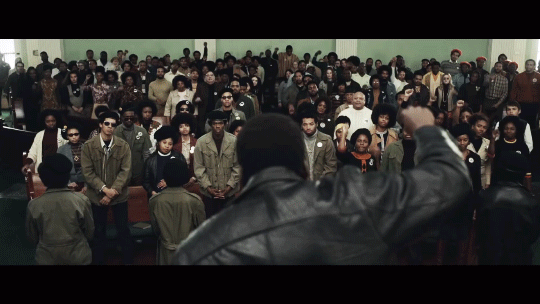


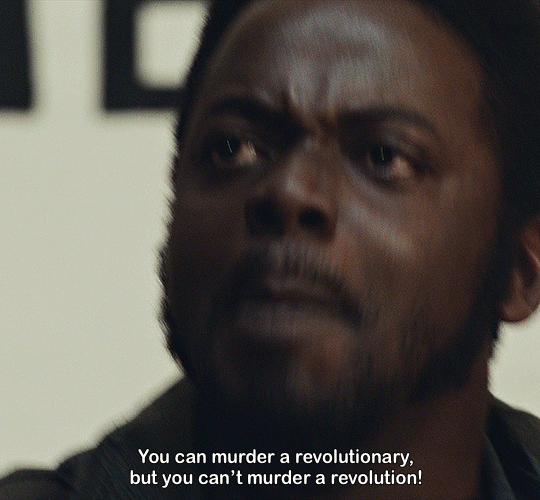
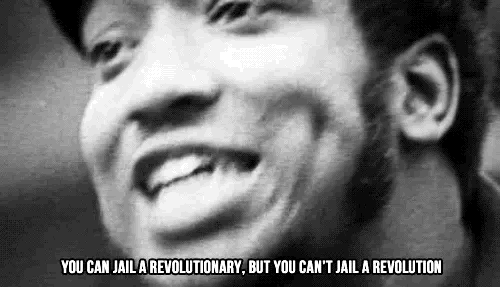
Well done Mayor Johnson... well done
#black excellence#black power#black liberation#black revolutionaries#fred hampton#black panther party#chicago#Chicago Mayor Johnson#black leaders#chairman fred hampton
35 notes
·
View notes
Text
You can't claim that you love people when you don't respect them, and you can't call for political unity unless you practice it in your own relationships. And that doesn't happen out of nowhere. That's something that has got to be put into practice every day.
Assata Shakur, Assata: An Autobiography
3 notes
·
View notes
Text

111 notes
·
View notes
